Smoke filled the sky across the industrial parts of the UK, as coal powered the industrial revolution. First coal brought prosperity and progress, but over decades the smoke stacks have been identified as a major cause of the climate crisis.
Over the last 20 years the UK has changed dramatically, with the closure of Ratcliffe on Soar power station at the end of September 2024, marking the beginning of a coal free era. As recently as 2012, coal provided 40% of the UK’s electricity, with around 40 coal mines extracting 17.1 million tonnes of coal, with an additional 45 million tonnes of coal imported from Russia, Colombia and the USA.
Ratcliffe on Soar, near Nottingham opened in 1967, with a capacity of 2,000 megawatts, enough to power 2 million homes. Since the early 2000s people across the UK have campaigned against coal power stations, coal mines and other coal infrastructure. Coal is the greatest historical cause of climate change and still a major global contributor of green house gas emissions.
In 2015, the UK was the first country to announce it would phase-out coal by 2025. While lauded as a big climate victory the Government’s intention was also to ensure coal didn’t exit the UK’s grid any earlier than 2025. At the time coal still contributed 9% of the UK’s electricity supply.[1]
Ratcliffe power station has seen its fair share of protests demanding closure. One example of direct action took place on the site in 2007, when Spring into Action, saw 11 people locked on to the dumper trucks and the conveyor belts, feeding coal to the power station. This caused major disruption to the plant operation, before they were removed. Back then Ratcliffe was the UK’s 3rd largest source of carbon dioxide emissions in the UK.
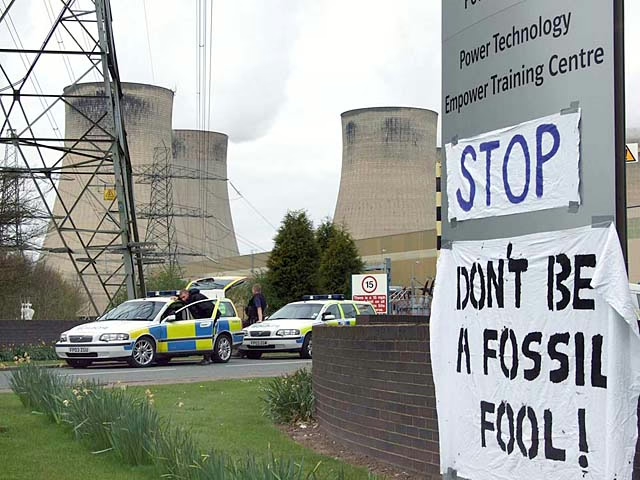
One of the group occupying the site said “the threat of climate change is so huge and the government so complacent that the people themselves are now acting in proportionate response to this and targeting the root causes of climate change.”
In a far cry from recent sentencing, in 2009, when 114 people were pre-emptively arrested from a meeting place in Nottingham, they were found to have been intending to occupy Ratcliffe for as long as possible. When activists were sentenced, one judge declared they acted with "the highest possible motives".i They accepted that they were intending to close the power station, but said that the urgency of climate change meant they had to take this action.
Undercover police officer Mark Kennedy, was involved in organising actions against Ratcliffe power station and as such some of the convictions were later overturned.
Three years ago, prior to the Glasgow COP climate summit, the phase-out date was brought forward to 2024. The UK wanted to be seen as a climate leader in phasing-out coal and setting up the Powering Past Coal Alliance with Canada in 2015, but others got there first.
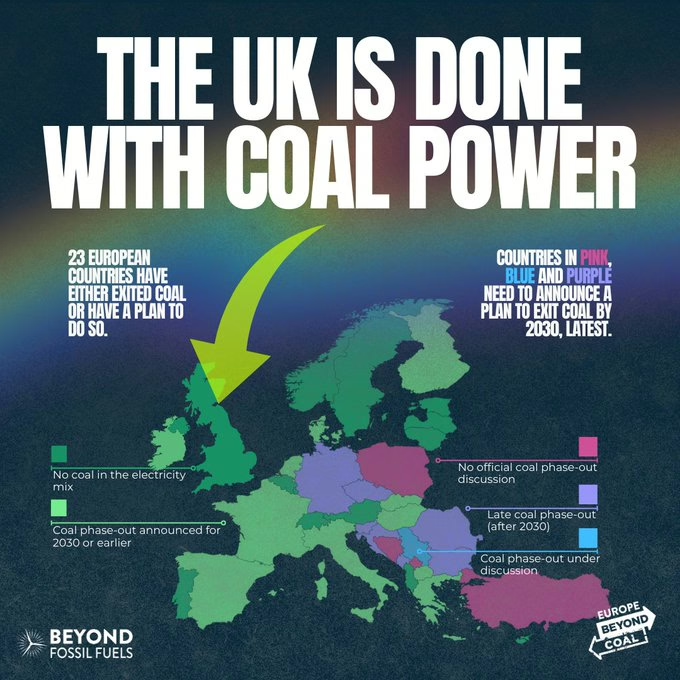
Although the UK was first to announce the end of its coal power sector, Belgium was the first European nation to stop burning coal, ending its use in 2016. Sweden stopped using coal in 2019, bringing forward the planned date by 2 years. Austria stopped using coal in 2020. Neither the Belgium nor Austrian phase-outs were considered to be government driven.i Portugal brought forward its phase-out date twice from a starting point of 2030 to 2021.
The UK Government extended the life of coal power stations after Russia invaded Ukraine. Drax, West Burton and part of Ratcliffe coal power stations were kept from retiring in 2022, in a fear that Russian warmongering would endanger electricity supply. The UK stopped Russian coal imports in response to the war.
In 2017, the UK had sourced 49% of its imported coal from Russia, where coal mining contributed to cultural genocide and laid waste to large areas of the country, decimating rivers, forests and agricultural areas.
Imported coal comes with a high toll for the local populations and campaigners in the UK have been pushing for an end to imports of coal from Russia as well as Colombia, while calling for the end of its mining and use in the UK. Over the years London Mining Network has brought visitors to the UK from international coal affected regions, particularly in Latin America. Meeting these campaigners has been profoundly moving experiences for people living close to proposed coal mines in the UK, as the similarities in their struggles are numerous, and it shows that the campaigns are thinking globally by acting locally and pushing for the end of coal power.
The movement against coal power in the UK has been wide, with people standing up and saying no to opencast coal mines near their homes and joining together to stop 45 planned new opencast coal mines from operating. Significant battles were fought at Lodge House in Derbyshire, in the Pont Valley in Durham and Ffos-y-fran the UK’s largest opencast mine, which was allowed by the Welsh Government to mine coal for an unbelievable 15 months after planning permission ended.
Coal Action Network has worked with communities resisting opencast and later deep coal mining across the UK. From its inception in 2008, it has supported more than 25 communities to stop coal mines and extension from destroying local wildlife, filling local people’s lungs with dust and the industrialisation of the countryside.
Site occupations have been a significant tactic in slowing or stopping coal mines from starting. Coal Action Scotland occupied several sites including Mainshill and later Glentaggart East, both in South Lanarkshire for action camps that disrupted operations on existing opencast sites. Scotland’s last coal power station, Longannet closed in March 2016, and the Scottish Government banned coal mining in 2022, in a protest against the proposed West Cumbria coal mine.
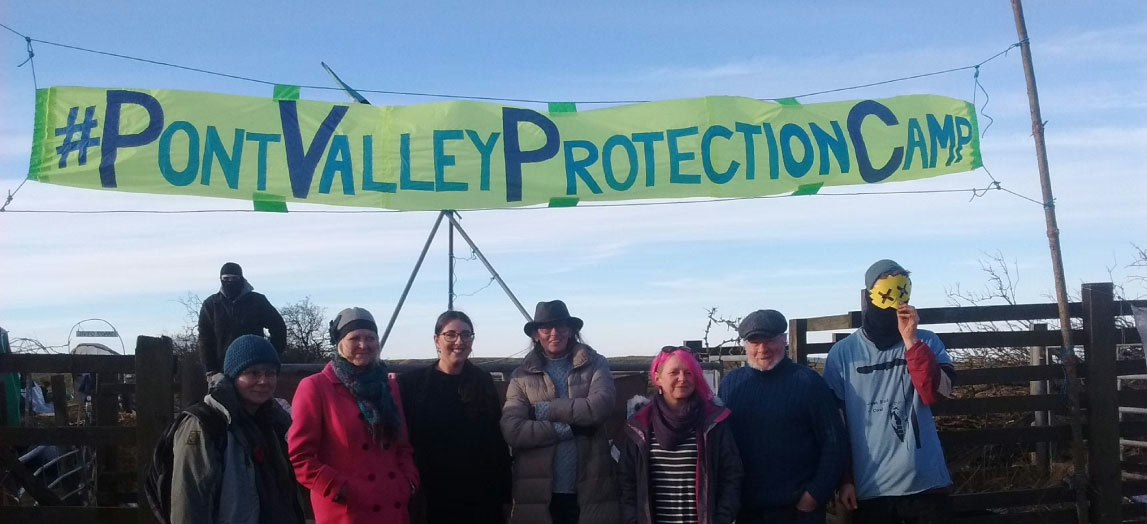
In 2018 the last two opencast coal mines started, both in County Durham, opposition to the one in the Pont Valley a protest camp was set up and featured in the urgent film documentary Finite: the climate of change. This campaign, and others in the North East had brought the local opposition to coal extraction to a head and in 2020 the proposed mines at Druridge Bay, and Dewley Hill were rejected, along with an extension to the Pont Valley opencast. Support for coal had turned a corner.
With the coal-phase out announcement and pressure on opencast coal mines coal companies started saying that their coal was destined for use in the steel industry. The second and third biggest single site emitters of carbon in the UK were Port Talbot steelworks and the steelworks at Scunthorpe. Drax power station has the dubious honour of being the biggest carbon emitter, which although it no longer burning coal, it does burning trees from old growth forests.
In September 2024 the planning permission for the proposed West Cumbria coal mine was revoked and then the license from the Coal Authority was rejected. Communities in Cumbria and beyond fought long and hard to bring about these results which were cemented in court by South Lakes Action on Climate Change and Friends of the Earth.
[1] Digest of UK energy Statistics 2017, page 14
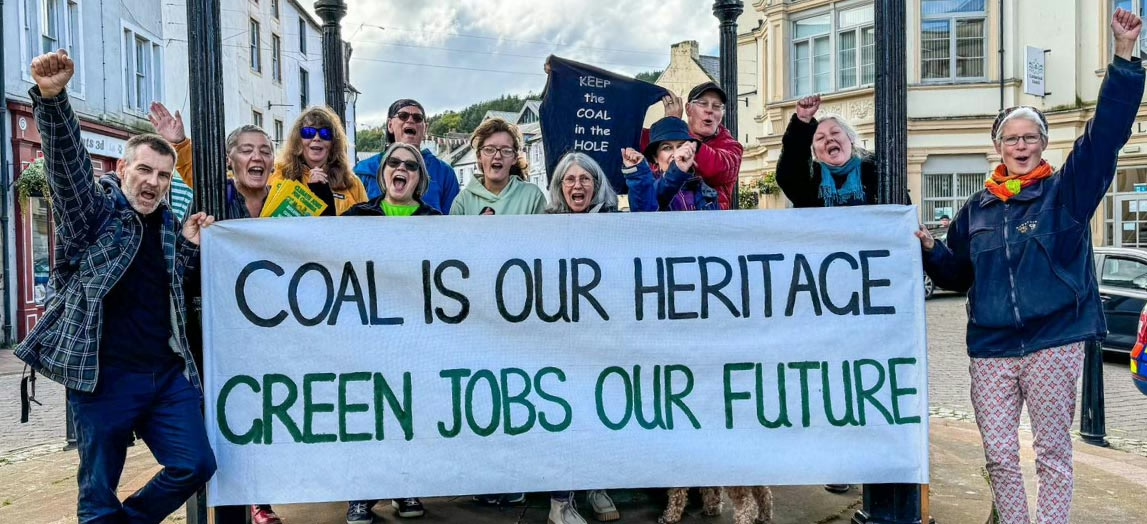

On July 1st, 2025, CAN organised drop-in session at the Senedd, spotlighting the urgent need for action on Wales’ coal legacy issues. The event saw strong cross-party engagement, with Members of the Senedd (MSs) from Labour, Plaid Cymru, the Conservatives, and the Liberal Democrats in attendance…

We’re actively setting the record straight when fake news about coal is spread through public figures, social media, or the press. The rise of populist politics and politicians tend to drive statements that are don’t entirely match the evidence, but may win them some votes…

Explore the landscape via the images below, drag around the viewpoints and go full-screen for the immersive experience. This is what the 58,000 residents of Merthyr Tydfil face every day…and with a new plan by mining company, Merthyr (South Wales) Ltd, to evade its responsibility to restore…

This information seeks to clarify which tips are included in ERI Ltd’s proposal to mine and then flatten certain coal tips in Caerphilly. The tips selected appear to be on the basis of which would be most profitable to mine of the ‘waste coal’ they contain…
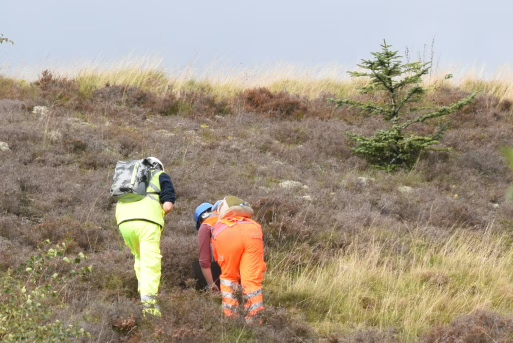
The Welsh Government’s Deputy First Minister, in his response to the CCEIC’s Stage 1 Report, admits the “Bill does not prevent the extraction or burning of coal” but adds “I cannot envisage a scenario in which the extraction and burning of coal will arise as a result of the Bill”…
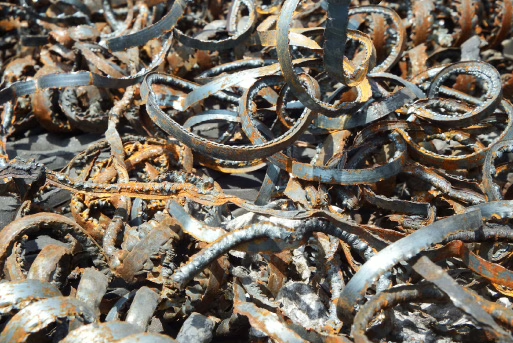
The direct use of coal as a feedstock (not just energy) is particularly significant in China, where coal is used extensively in coal to gasification plants to produce chemicals such as methanol, ammonia, and…

This nature was photographed around 50 metres from the edge of the Glan Lash opencast coal mine in Ammanford, South Wales. It shows the thriving ecosystems surrounding the Glan Lash opencast coal mine which has remained dormant since 2019…
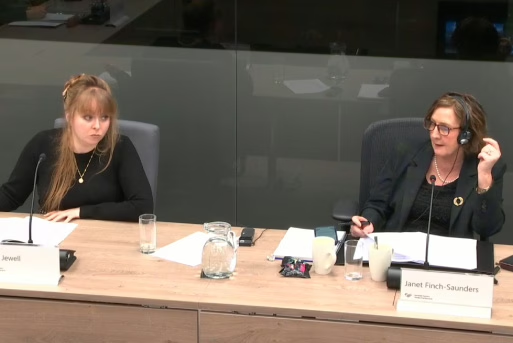
In February, CAN gave oral testimony to the Climate Change, Energy, and Infrastructure Committee (CCEIC) on the Disused Mine and Quarry Tips (Wales) Bill…
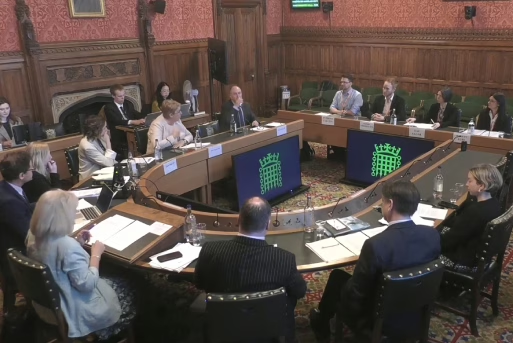
Coal Action Network was invited to attend Westminster where we gave evidence to the Welsh Affairs Committee in their inquiry about the environmental and economic legacy of Wales’ industrial past, alongside Friends of the Earth Cymru. This inquiry was opened in…